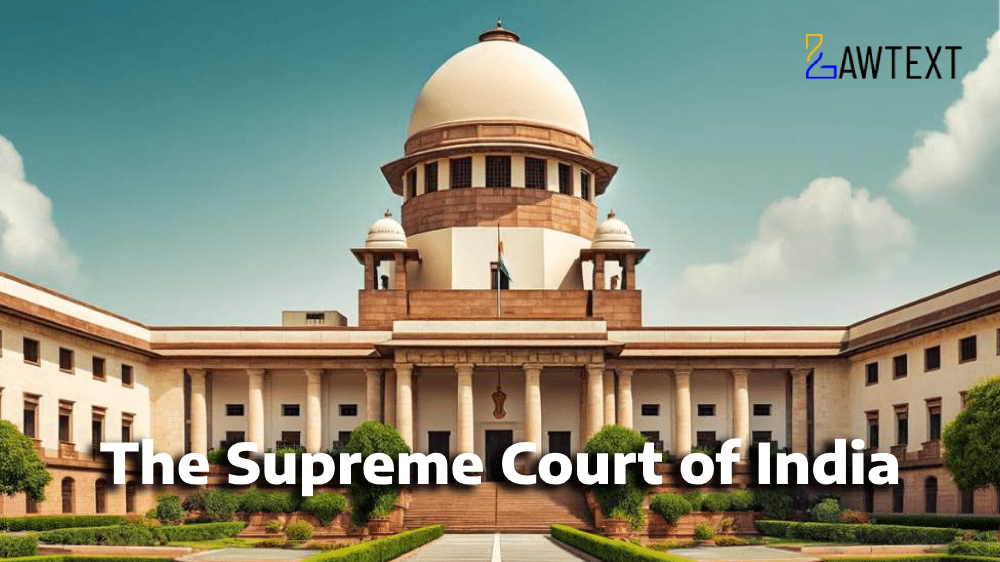Case Note & Summary
The State of Punjab appealed against the High Court of Punjab and Haryana's judgment that acquitted the accused in the case of Kuldeep Kaur's death by burning. The trial court had convicted the accused based on dying declarations by the deceased implicating her husband and in-laws. However, the High Court doubted the authenticity of these declarations, leading to the acquittal. The State argued for the reliability of the dying declarations and sought to restore the trial court's convictions. The court ultimately upheld the High Court's judgment, emphasizing the need for clear, consistent, and corroborative evidence to overturn acquittals.
Background Appeal by the State of Punjab: The State challenged the High Court's judgment dated July 17, 2014, which acquitted the accused, reversing the trial court's decision. The trial court had convicted Randhir Singh, Surjit Kaur, Baldev Singh, and Karamjit Kaur under various sections of the IPC for the murder of Kuldeep Kaur. Prosecution CaseIncident and Investigation:
Kuldeep Kaur was brought to the hospital with 80% burns by her husband and brother-in-law. The police were informed, and the victim's dying declarations were recorded by ASI Surjit Singh and Naib Tehsildar Ramesh Kumar Jain.Charges and Trial:
The accused were charged and tried for murder. The prosecution presented 11 witnesses and 17 documents, including the victim's statements and medical reports. Trial Court Judgment Conviction and Sentencing: The trial court convicted Randhir Singh and Surjit Kaur under Section 302 IPC, and Baldev Singh and Karamjit Kaur under Section 302 read with Section 34 IPC. Each was sentenced to life imprisonment and a fine of Rs. 1,000. High Court Judgment Acquittal: The High Court allowed the appeals of the accused, set aside the trial court's judgment, and acquitted them. Appellant's ArgumentsState's Contentions:
The State argued the High Court erred in disregarding the dying declarations, which were consistent and credible. The victim's statements indicated harassment and an illicit relationship as motives for the crime.Reliability of Dying Declarations:
The State emphasized the authenticity of the dying declaration recorded by ASI Surjit Singh. The State also highlighted corroborating evidence from the victim's family and neighbors. Respondents' Arguments Defense Contentions: The defense argued the dying declaration recorded by ASI Surjit Singh was fabricated post-investigation. The declaration recorded by the Naib Tehsildar did not specifically implicate any family member and was more credible. Conclusion State's Plea: The State requested the Court to reverse the High Court's judgment and restore the trial court's conviction based on the dying declarations and corroborating evidence. Testimonies from defense witnesses and the lack of endorsement by a doctor on the victim's statement raised doubts about the prosecution's case. The court upheld the High Court's acquittal due to inconsistencies and lack of corroborative strength in the prosecution's evidence, emphasizing the need for clear and consistent evidence in criminal cases.
Issue of Consideration: State Of Punjab Versus Randhir Singh Etc
Premium Content
The Issue of Consideration is only available to subscribed members.
Subscribe Now to access critical case issues







